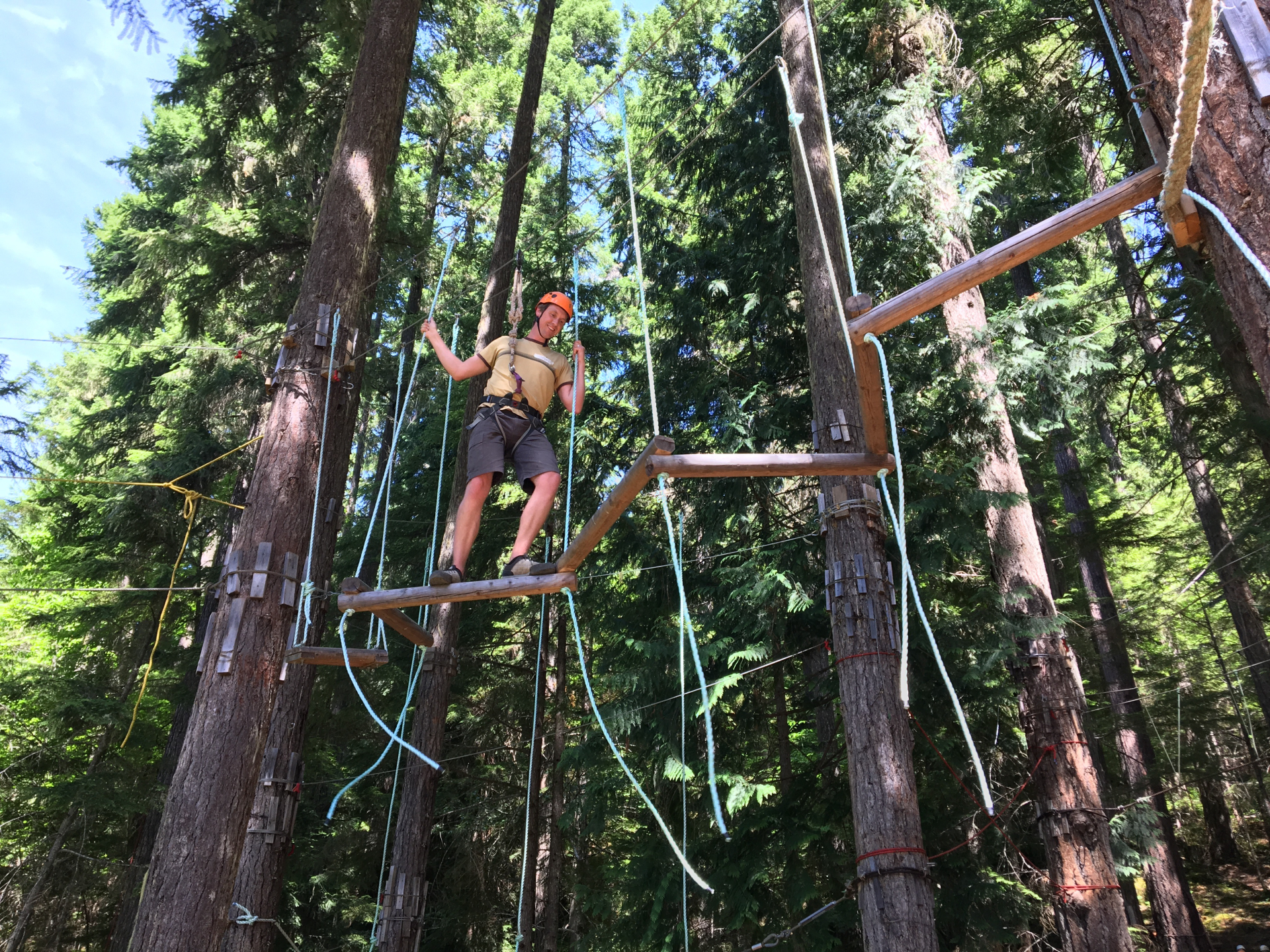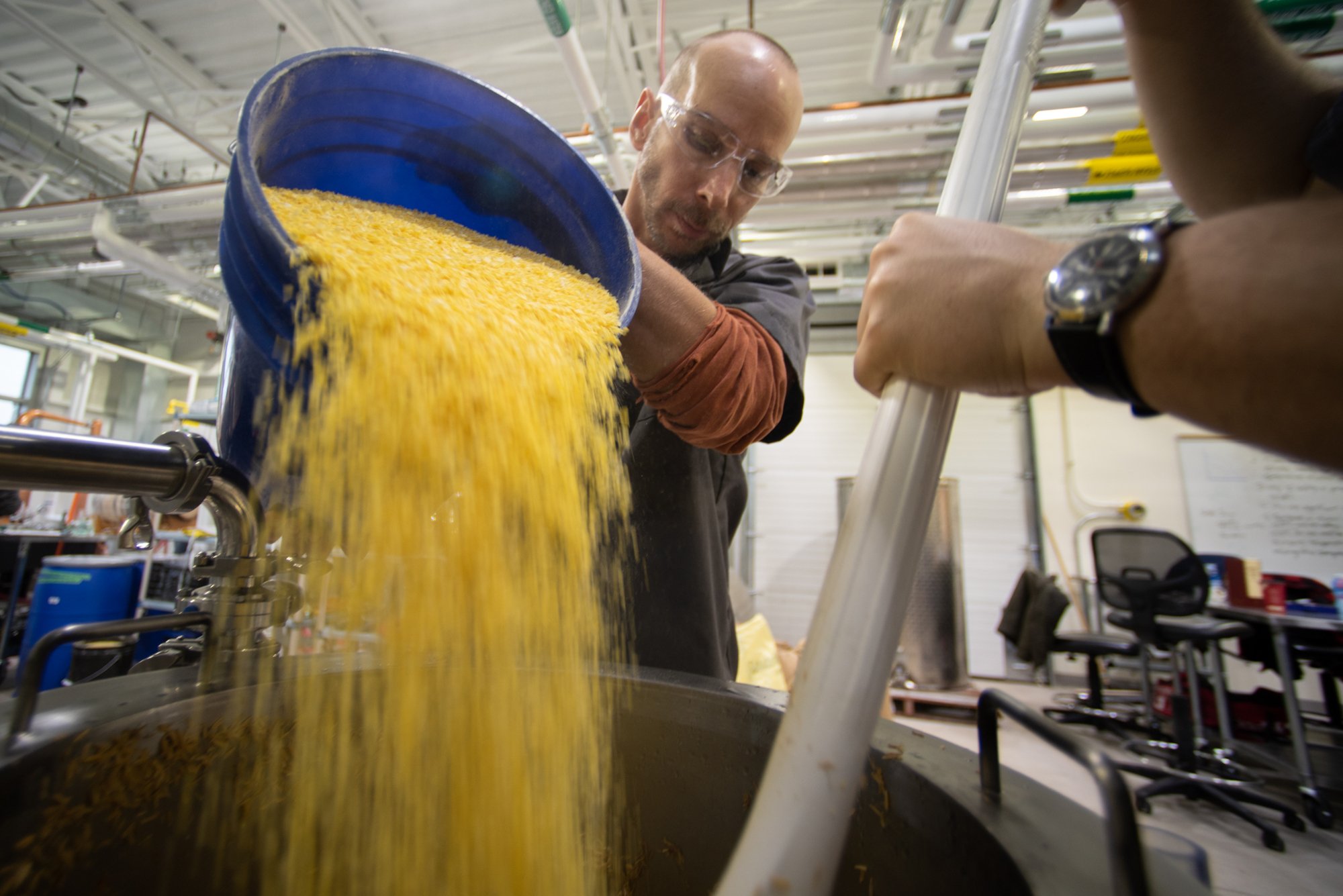Five things you didn’t know you could study at college
There are thousands of college programs in Canada. Here are some of the most interesting.

Share
Colleges provide students with hands-on job training in fields as diverse as health care, engineering, manufacturing and the arts. Here are some of the programs you may not have heard of.
Adventure Education
Camosun College
Credential: Post-degree diploma
This 13-month part-time course at B.C.’s Camosun College is aimed at people who want to facilitate outdoor or adventure-based learning. That could mean teaching at elementary or high schools that offer outdoor education, and the program’s students often include professional educators and counsellors who are looking to complement their skill sets. Grads also find work in nature centres, summer camps, provincial parks, adventure-based tourism companies and even some organizations’ HR departments.
While adventure is in the name, the program is not all about white-water rafting and rock climbing. It’s more focused on the social aspects of outdoor education, like developing skills in the facilitation of experiential learning and understanding interpersonal dynamics. The program also delves into the history and philosophy of outdoor education, environmental sustainability and Indigenous ways of knowing and relating. Most of the program is delivered online, but there are two in-person modules, in which students receive training in land- and water-based activities—that’s where the white-water rafting and rock climbing come in.
Systems and Network Cybersecurity
College of the North Atlantic
Credential: Applied bachelor’s degree
Grads of this four-year program earn a bachelor of applied information technology that prepares them to work in a very in-demand field—cybercrime is the fastest-growing type of criminal activity in Canada and around the world. In the first two years, students learn the same material that is taught in the college’s two-year computer systems and networking diploma program; in their last two years of study, they take courses that cover topics such as the fundamentals of infosec (information security) and the ins and outs of mobile and wireless security. There are also classes on working in leadership and supervisory roles, as well as communication and personal growth, all intended to prepare students for management positions.
Grads of this program go on to work as IT security specialists, cybersecurity analysts and cloud security analysts for big companies in banking, tech and retail. They are also eligible to pursue additional certifications from industry organizations including Cisco, the International Council of Electronic Commerce Consultants and the SANS Institute.
Artisan Distilling
Niagara College
Credential: Graduate certificate
Ontario’s Niagara-on-the-Lake is known for its thriving wine industry, but craft distilling is also on the rise in the region. This one-year certificate program is a boon for anyone who wants to enter the business (as long as they’re at least 19—the legal drinking age in Ontario). Opportunities for graduates of the program include working at an existing distillery, in the wider spirits industry (e.g., as a sales rep, product developer or quality control inspector) or even opening their own craft distillery.
Courses include Introduction to Sensory Analysis, in which students learn to identify spirit flavours and characteristics and to describe them using the correct terminology; a course called the Legal and Regulatory Environment, which breaks down provincial laws around the production, sale and marketing of spirits; and Practical Distilling, a hands-on course in which students have a chance to produce brown spirits (rum, brandy, whiskey), white spirits (vodka, eau de vie, gin, grappa) and liqueurs in a state-of-the-art, 2,500-square-foot practice distillery located at Niagara College’s Daniel J. Patterson Campus.
Finally, for their capstone projects, students develop their own spirits. In previous years, these projects have included a chocolate porter liqueur, apple brandy and rabarbaro amaro (an Italian aperitivo). They aren’t necessarily one-off inventions: the very best of the bunch get limited runs under Niagara College’s Spirits 101 label, which is sold at the school’s Wine Visitor and Education Centre.
Forest to Fork
North West college
Credential: Applied certificate
This fascinating 20-week course taps into a major food trend: foraging. Conceived by North West, the program is accredited by Saskatchewan Polytechnic for the province’s regional colleges, which serve communities outside the province’s major centres. Students learn about the larger issue of food security as well as practical skills such as trapping, plant identification and cooking. They also develop ancillary skills including firearm safety, chainsaw safety, and maps and compassing.
In the program’s Wilderness Survival course, students learn basic survival techniques, including how to choose the proper attire, build a fire and a sturdy shelter, and find food and water. In Meat, Seafood and Poultry Processing, they get lessons in handling fresh and frozen beef, pork and poultry, and learn about seafood processing techniques. And, in Tanning and Beading Hides, students learn both traditional and modern methods of creating leather hides, as well as beading techniques.
Grads can find jobs in meat cutting and processing and as guides and cooks for tourist companies, or become entrepreneurs in these fields themselves. The program is also an opportunity for students to gauge their interest in other programs offered at North West and Saskatchewan Polytechnic—specifically, the one-year Retail Meat Specialist and Professional Cooking certificate programs, and the two-year Integrated Resource Management diploma program.

Funeral Services
Humber College
Credential: Diploma
This five-semester diploma program is a must for anyone interested in becoming a funeral director in Ontario. It’s the only English-language funeral services course that’s recognized by the Bereavement Authority of Ontario, the provincial regulatory body that oversees the funeral service industry. The program attracts students from all over the world who are hoping to learn every aspect of the funeral industry, from the practical to the philosophical.
There are several courses on embalming, two of which include practicums, as well as classes on cosmetology and restorative work. The program offers classes on operating a funeral business, helping families make funeral arrangements and the regulations that govern this sector. There are also theoretical courses that explore grief, disease and questions about what makes us human. Students complete three internships during the two-and-a-half-year program.

